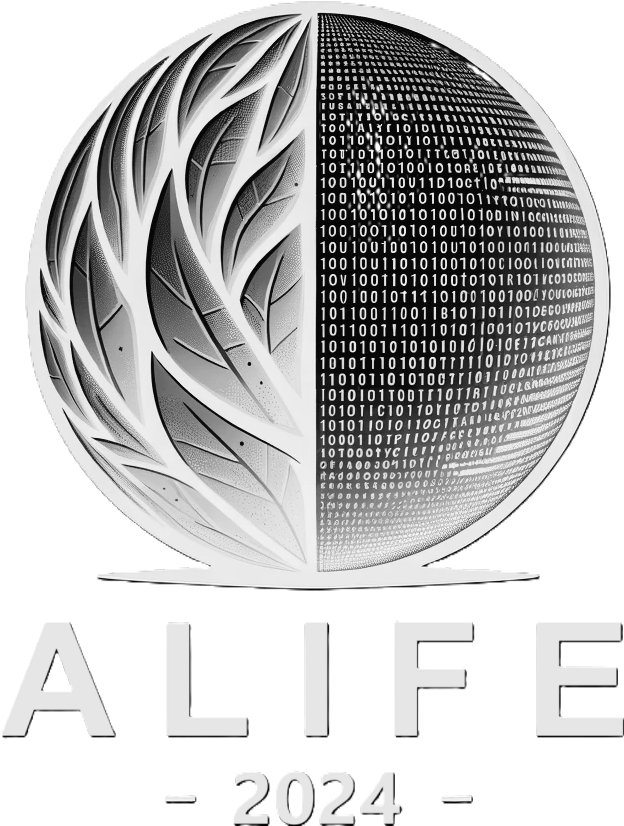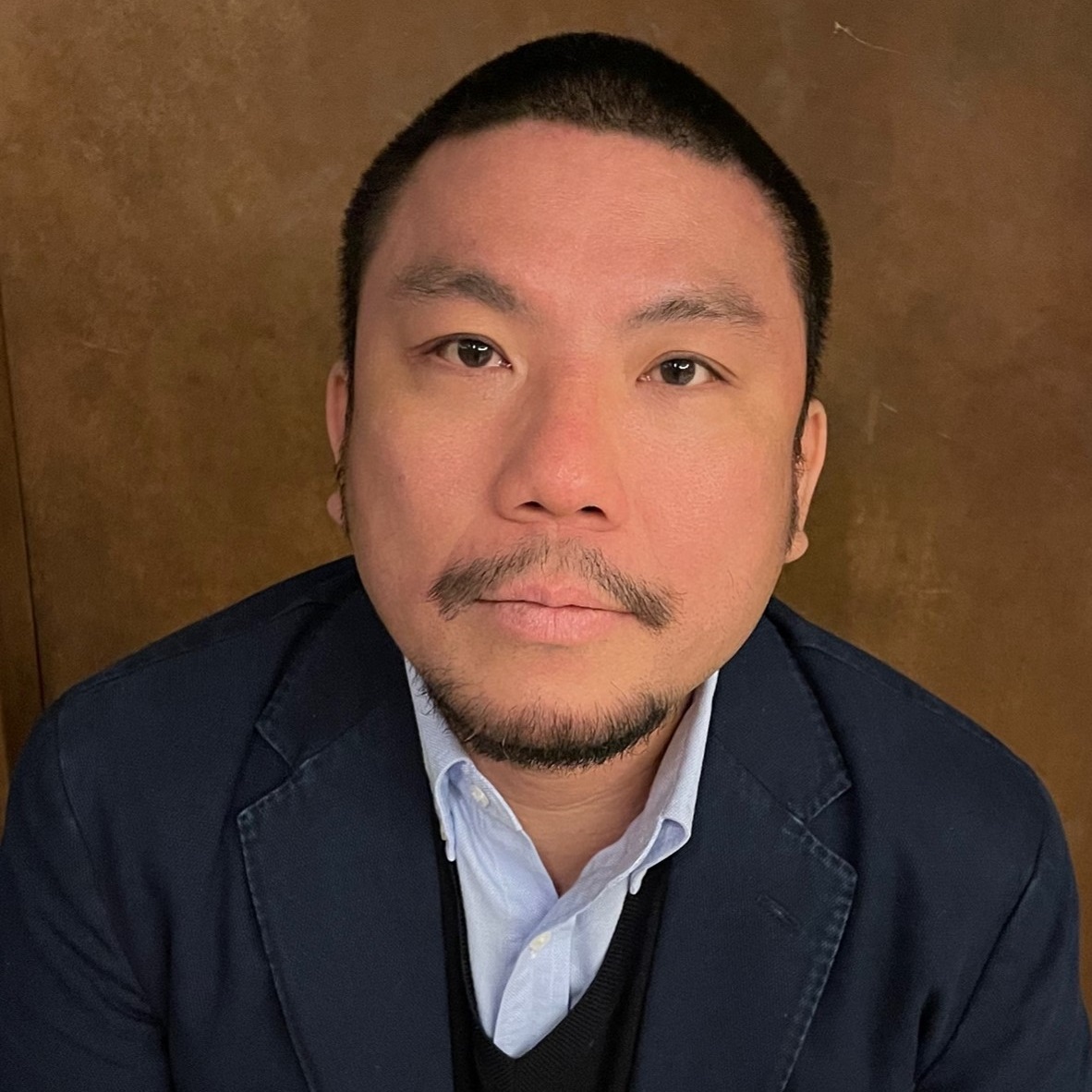
Workshops
Katie Bentley

Bio
Katie Bentley earned a PhD in Computer Science from University College London in 2006 investigating morphological plasticity in biological and robotic systems after gaining an interdisciplinary Masters from the University of Sussex in 2002 in Evolutionary and Adaptive Systems. She was awarded a Cancer Research UK postdoctoral fellowship to develop vascular computational models in Paul Bates Biomolecular Modelling Laboratory at the CRUK London Research Institute (LRI) in 2006. She then moved to Holger Gerhardt's Vascular Biology Laboratory at the LRI in 2009 to learn experimental biology techniques and further integrate, refine and test her predictive computational models. Katie was appointed Assistant Professor of Pathology, Harvard Medical School and became Group Leader of the Computational Biology Laboratory, with both experimental and computational lab space in the Center for Vascular Biology Research, Beth Israel Deaconess Medical Center, Boston USA in 2013. She opened a satellite modelling laboratory at Uppsala University in 2015 to work directly with experimental vascular biology collaborators Lena Claesson-Welsh, Christer Betsholtz, Taija Makinen and Elizabetta Dejana in the Department of Immunology, Genetics and Pathology and a further satellite modelling laboratory at Boston University, in the Biological Design Center in 2017 to work directly with the microfabrication lab of Prof. Chris Chen. She joined the Francis Crick Institute and the informatics Department at King's College London in 2018.
Kate Adamala

Bio
Kate Adamala is a synthetic biologist and an assistant professor of Genetics, Cell Biology and Development at the University of Minnesota. Her work includes contributions to the field of astrobiology, synthetic cell engineering and biocomputing. Her research on prebiotic RNA replication provided an experimental scenario for the RNA world hypothesis of the origin of life. She is a founder and steering group member of the Build-a-Cell Initiative, an international collaboration for creation of synthetic live cells. She is a co-founder of synthetic cell company Synlife. She is an expert in using bottom-up approach to making tools for synthetic biology, building synthetic minimal cell technologies, assembling cell-like structures from biochemical building blocks. Her work focuses on developing and applying tools for readout of mammalian cell states and for control of cellular processes, achieved via combining in vitro biochemistry with live cell protein engineering. Specifically, her interests involve top-down strategy of engineering protein and nucleic acid tools for gene expression quantification and control (including novel single stranded RNA binding protein); and bottom-up approaches based on developing synthetic minimal cell technology (using liposome and cell-free protein synthesis methods) to process chemical signals between mammalian cells and the environment.
Juan Perez-Mercader

Bio
Juan Perez-Mercader earned his BA from Universidad de Sevilla and Ph.D. in Physics from the City College of New York. A Profesor de Investigacion in Spain’s National Research Council (CSIC), in 1998 he became the founding director of Spain’s Centro de Astrobiologia in association with the NASA Astrobiology Institute. In 2010 he joined Harvard as a Senior Research Fellow in the Department of Earth and Planetary Sciences and Harvard Origins of Life Initiative. He is also an External Professor at the Santa Fe Institute. He has contributed to many areas of Science, including Quantum Field Theory, Theoretical High Energy Physics, General Relativity, Quantum Gravity, Non-equilibrium Processes, Self-organization, Complexity, Astrobiology and the development of In-situ Instrumentation for Life-Detection outside the Earth. He was the architect of Spain’s contribution to the NASA Mars Program with instrumentation and exploration infrastructure and its participation in the NASA Curiosity Rover (MSL). After joining Harvard his work has focused on understanding the joint role of chemistry and non-equilibrium physics in the emergence of life to generate in the laboratory ex novo fully synthetic and artificial, non-biochemistry based forms of ‘life’. Using abiotic materials and the guidance provided by first principles implemented in theoretical models, his work demonstrates the generation in the laboratory from simpler molecules of fully synthetic, abiotic, emergent out-of-equilibrium micron-scale chemical systems that handle information, metabolize, self-reproduce and evolve. He is also active in the development of autonomous (native) chemical computation, and after inventing a chemical Turing machine is building a chemical computer.
Kohei Nakajima

Bio
Kohei Nakajima is an Associate Professor in the Graduate School of Information Science and Technology at the University of Tokyo. He received BS, MS, and PhD degrees from the University of Tokyo in 2004, 2006, and 2009, respectively. After obtaining his PhD, he spent five years as a post-doctoral fellow and a JSPS Postdoctoral Fellow for Research Abroad at the University of Zurich and at ETH Zurich in Switzerland. In 2013, he was awarded the title of the Hakubi researcher at Kyoto University, and until 2017, he was an Assistant Professor at the Hakubi Center for Advanced Research at Kyoto University. He was also a JST PRESTO researcher from 2015 to 2019. His books include Reservoir Computing: Theory, Physical Implementations, and Applications (with Ingo Fischer) and The Science of Soft Robots: Design, Materials and Information Processing (with Koichi Suzumori, Kenjiro Fukuda, Ryuma Niiyama). His research interests include nonlinear dynamical systems, information theory, reservoir computing, physical reservoir computing, and soft robotics.